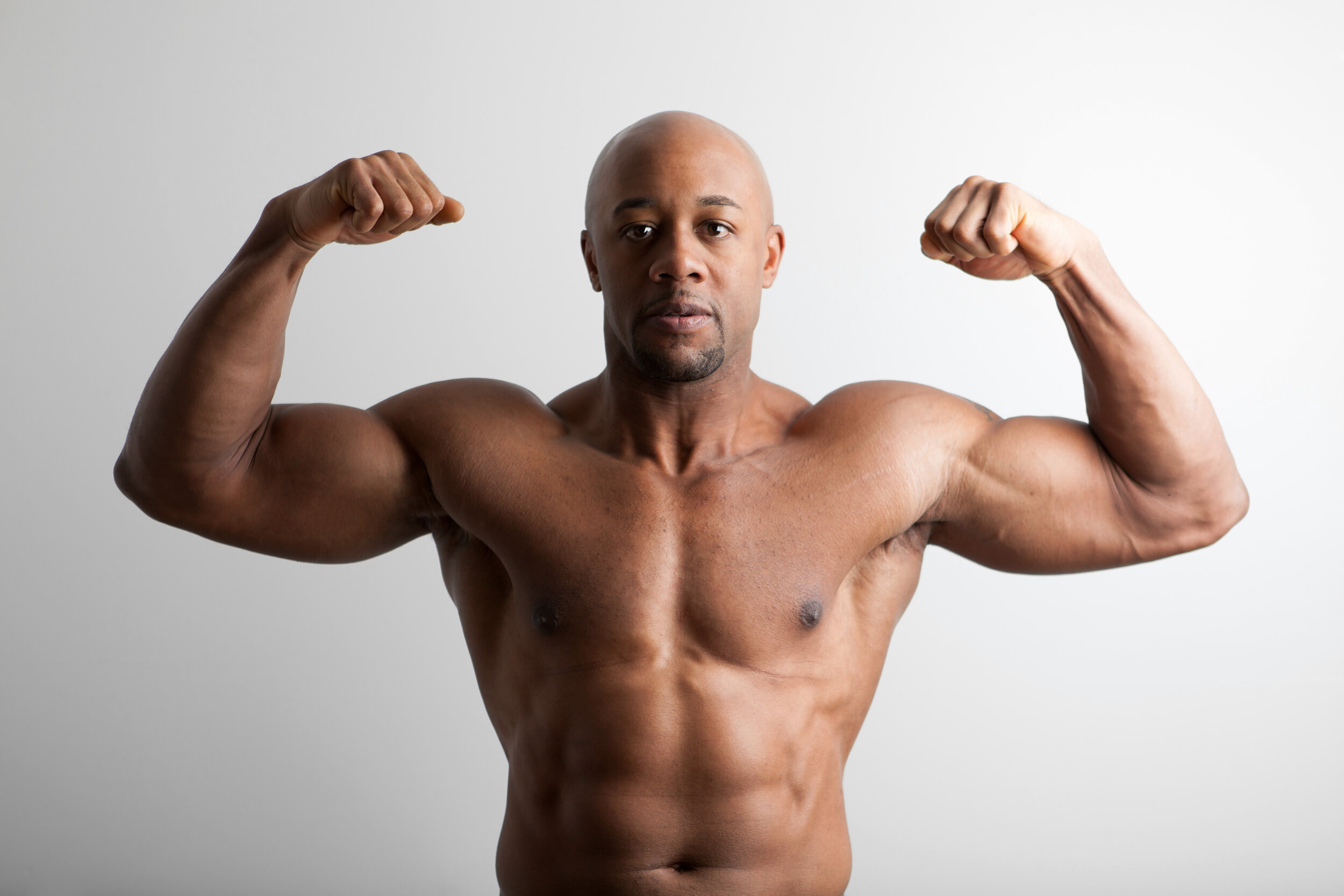

Understanding Survivorship Bias
Survivorship bias happens when we only see the successes (survivors) individuals and businesses have, which can lead to a warped perception of success rates.
Social media creates constant survivorship bias because people only share the good and successful parts of their lives in order to make themselves look better and trustworthy, naturally hiding the parts they don’t want us to see.
Most of the time, success takes a lot of effort and failure, but people on the outside don’t see behind the scenes. Don’t be fooled - continue to put in the work if you want to improve!

Is It Okay To Work Hard For Yourself?
Quitting isn’t bad - it’s an important skill to have. You can’t do everything, so you have to be okay with quitting things that you don’t enjoy or aren’t beneficial to you. Laziness, too, isn’t inherently bad. It’s a natural part of life and the cycle of productivity. You can’t always be doing something, and laziness helps us recuperate from the energy we expend. Forcing yourself to work tirelessly at all things (your day job included) doesn’t bring more productivity, satisfaction, or money - so you need to assess if it’s really worth your time. It is okay to work hard when you want to do it, especially on things that bring you happiness or make you feel proud of what you accomplished.

When Do We Physically Peak? (Peaking Part 2)
Olympic weightlifting is the main professional lifting competition, but Olympic athletes cannot be used to assess averages for lifters. The people who make it to the Olympics have genetic and social advantages that make them the best in the world.
The margin of winning at these high levels is so small that even the most dedicated and talented athletes may never make it to the Olympic Games and could quit trying to compete well before their physical peak.
Research in masters lifting has shown that most lifters were physically peaking between ages 30-35, and although their abilities do start decreasing, it’s at a much smaller and slower rate than people tend to expect.
Career peaking is a social construct and should not be used as the only way to measure expected performance and growth.

When Do We Physically Peak? (Physical Peaking Part 1)
Peaking in your career and peaking physically are usually going to be different, especially for weightlifters. While many professional athletes retire from competing in their 20s, it is not always because they have physically peaked. Social factors have a huge impact on both career peaks and physical peaks. High level athletes need time, money, and other resources in order to train at the level required to be competitive. A career usually comes to an end or doesn’t meet its full potential because of one or more of these resources is scarce or withheld from an individual.

Why Is The Self-Improvement Industry So Full Of Scammers?
Often, the most popular “self help” books and theories are too general and vague to be really meaningful besides getting people to feel good about themselves. This is done on purpose - the more general the advice is, the more people can buy the product. The fitness industry is incorporated into a lot of the self-improvement industry because people assume that people who “look good” are happy. It’s especially easy for influencers on social media to have people believe their success because we only see pictures and snippets they want us to see, not the full story. Success and improvement at anything is a time consuming, high effort challenge that can’t be conquered with a book, set of supplements, or any single thing.
